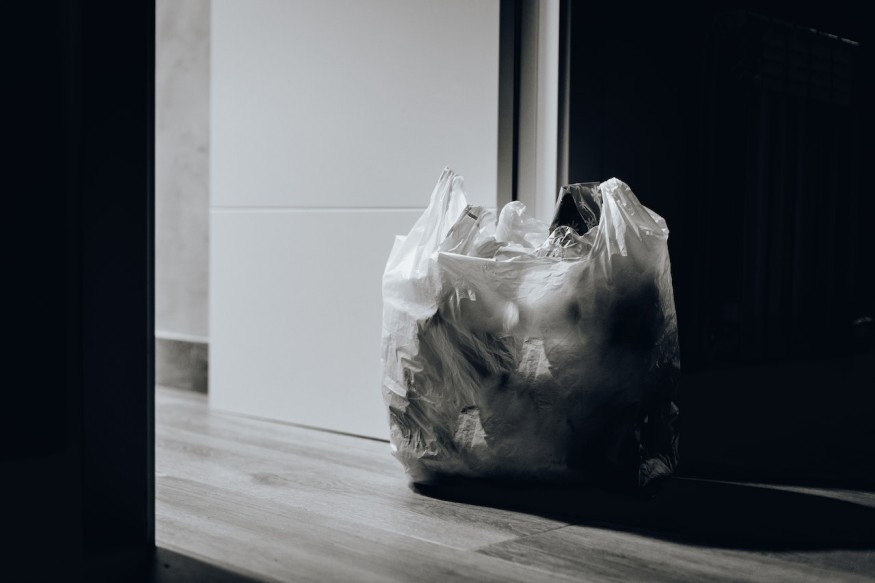While plastic bag bans may have been implemented to combat plastic pollution, they have unintended consequences.

Plastic Bag Ban
Statista reported last June 2021 that around 77 countries had implemented a plastic bag ban of some sort, either partial or full. Some policies have also implemented fee charges to help limit the use of these items.
This policy has become effective to some extent. In fact, the National Resources Defense Council revealed that there had been a 70% observed decline in plastic usage in California. Another report based in San Jose also saw that the plastic bag ban reduced bag litter within its storm drainage system by a whopping 89%.
These numbers speak for themselves. However, despite these effects, the policy may have backfired to some extent, especially regarding grocery bags and garbage.
ALSO READ: How Sequins Contribute to Plastic Pollution
The Unintended Consequences of the Plastic Bag Ban
According to the Miami Herald, the rise of plastic bag bans and fees led to certain unintended consequences, as examined by a study. These consequences include trash bag sale spikes.
Tech Crunch says carryout grocery bags (CBGs) are considered single-use items. However, they are often secondarily used to store household garbage in a small trash bin. People have been looking for other alternatives as these bags have become unavailable. As a result, they purchase small plastic bags to keep their trash.
The researchers examined data from counties implementing plastic bag bans or fees within their stores as part of the study. The data sets were then compared to those of others without such policies.
The researchers noted that as shoppers purchased smaller plastics for their garbage, the average amount purchased per store increased by 127 pounds per month. This was based on retail data from 2006 to 2014.
Smaller plastic bag sales, for 8 and 4 gallons, exponentially grew by 64% and 120%, respectively. This, however, was not the case for bigger plastic bags. Such differences indicate that smaller bags may have been more functional.
The Miami Herald notes that though the study demonstrates the unintended consequences of attempts to decrease CBG distribution, it is still unclear whether plastic usage has risen due to such consequences. The research notes the possibility of plastic bag bans increasing total plastic waste.
The researchers add that whether the CBGs are recycled is vital to evaluate the effectiveness of grocery plastic bag bans and related policies.
In his article for the Hub, Steve Lafleur, a columnist and public policy analyst, expresses that when governments pinpoint concerns "worthy of policy interventions," they must know that people do not have the same preferences and lifestyles. Lafleur notes that a singular solution meant to work for everyone may not end up working.
Lafleur notes that authorities should focus on incentive tweaking rather than forcing people to make certain choices. He adds that consumers should be nudged, not pushed.
RELATED ARTICLE : Plastic Pollution Could Be Leading Sea Turtles into an 'Evolutionary Trap," Can They Still Avert This Disaster?
Check out more news and information on Plastic Pollution in Science Times.
© 2026 ScienceTimes.com All rights reserved. Do not reproduce without permission. The window to the world of Science Times.











